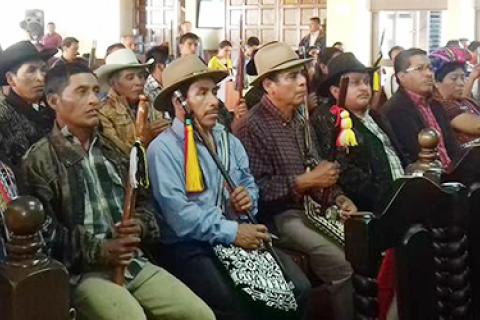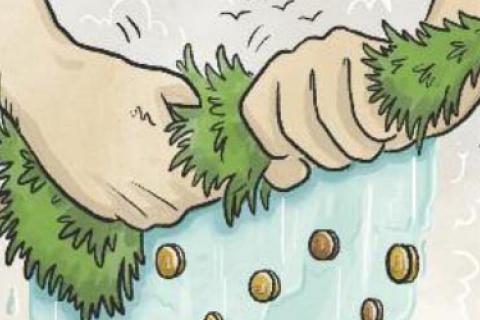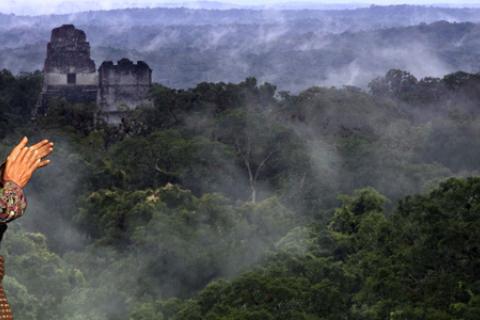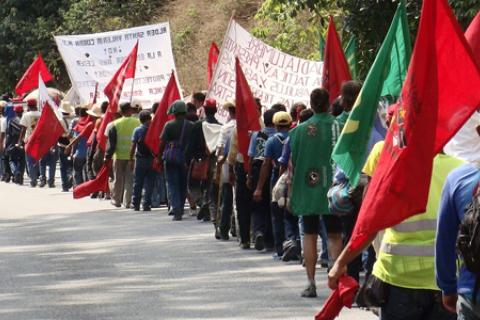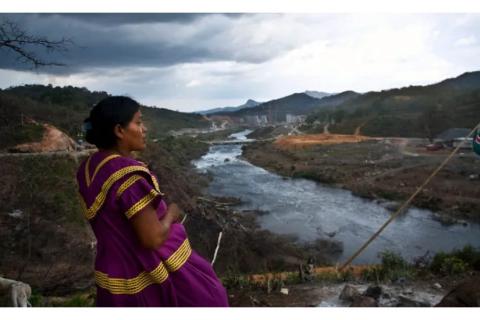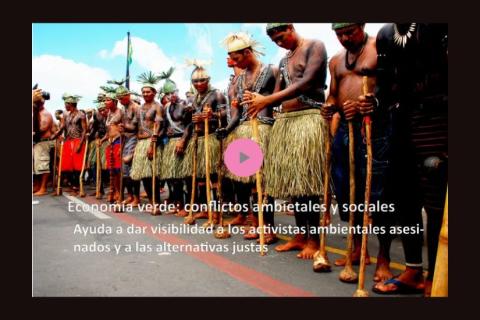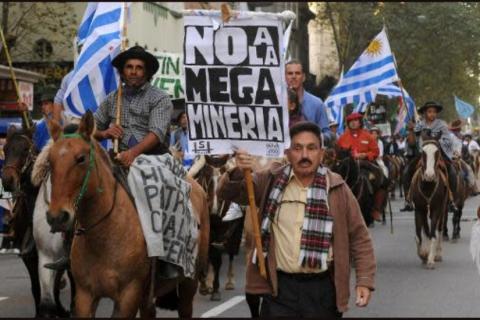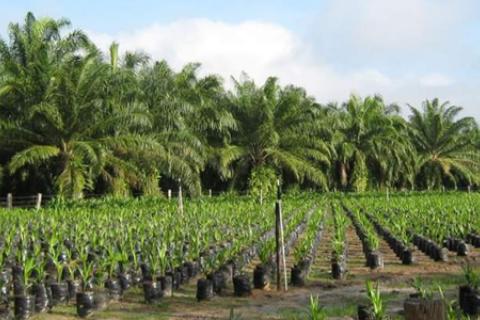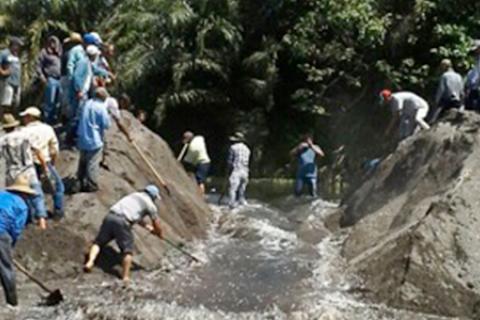Interview with Blanca Chancoso, Kichwa member of the Otavalo peoples and vicepresident of ECUARUNARI – the Kichwa Confederation of Ecuador.
Bulletin articles
Skilful selection and nurturing of the seeds best suited to a particular location are at the heart of peasant farming and agroforestry systems. The resulting agrobiodiversity of hundreds of thousands of crop varieties and animal races found in peasants' fields around the globe provides the corner stone of the world’s food system. Peasant farmers and the local varieties that they developed are still feeding the majority of us.
Guatemala is located in the heart of Mesoamerica. Its enormous cultural diversity is a historical legacy of the Mayan culture, in which indigenous communities have developed systems of organizational thought and self-government—always tied to knowledge based on their worldview, spirituality and the continuous maintaining and renewing of their relationship with Mother Earth.
The CBD is a forum where organizations and movements can bring our positions and try to get them reflected in official documents. We do not believe the world will be changed at COP meetings (gatherings of CBD member governments), other CBD meetings, or any other United Nations Convention. It is a working space complementary to the daily work of resistance, mobilization, and transformation that we are doing at the grassroots level, together with local communities and Indigenous Peoples.
When we think of the countries ranging from southern Mexico to Panama, we tend to speak of Central America. That is, in our imaginary, we use that name to describe the territory located between the southern and northern regions of the American continent. However, the histories, cultures, economies and politics of this region tell a different story, forcing us to reflect further on their boundaries and definitions.
A war declared on peoples' right to decide and to live


